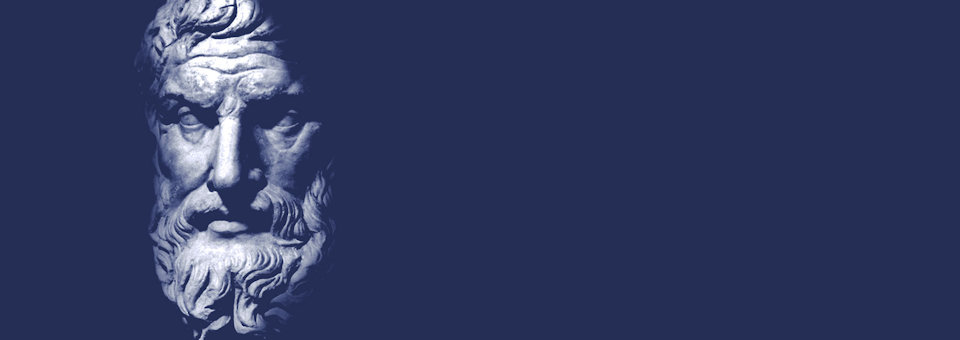The Stoics aimed to foster the development of both our inner and outer worlds: how do we cultivate our own qualities to take a strong and hopeful role in an uncertain world?
Astrology also owes a debt to the Stoics. Their depictions of human bondage and freedom, their quest for serenity, and their emphasis on the nobility of character continues to influence astrology’s techniques and astrology’s underlying understanding of the human condition. This workshop will look at the ancient Lots or Parts, the Stoic attitude toward prediction, and the development of qualities depicted in the birth chart.
Here’s a sample of applied Stoicism:
Almost four years ago after the 2016 Presidential election, to shake myself out of outrage and anxiety, I wrote a fine article titled “Who to Be and What to Do: Cheering Up for No Good Reason” that used a passage in classic Stoic literature to develop a few steps to cheer up and move forward. Now, almost four years later and with some of the same and some newer outrages and anxieties, we can further engage in “Right View” and “Right Action”, to borrow terms from the Buddhists.
This article took as a model the “Three Fields of Study”, from Epictetus’ Discourses (Book 3 Chapter 2). These three are (1) Desires and Aversions, (2) Choice and Refusal, and (3) Avoidance of Error.
By “Desires and Aversions”, Epictetus first talks about our need to avoid extreme emotional responses and to focus our energy correctly. Although we avoid temporary happiness when we meet with the positive and temporary relief when we avoid the negative, we’re caught off-guard when the things we want don’t happen and the things we don’t want do happen. As I wrote four years ago, using a football analogy:
“What happens when we, the defense, get too worked up emotionally? Our energy surges and wanes unrelated to what situations require and we make mistakes, miss opportunities, and are easily fooled by the other side. In football, defensive zeal turns into unnecessary penalties that are counterproductive at best. Over-aggressiveness usually turns into frustration that eventually turns into losing heart. This is just what the other team wants, and we should not let that happen to us.”
By falling for emotional reactivity, we tend to screw up the next two factors as well:
“Choice and Refusal” considers our obligations to those around us and to the current world situation. This requires a sober consideration of who we are, our duties as a family member, as part of a community, and as a citizen of the world, and what talents and opportunities we can use to take our proper place in these mandalas. Perhaps it’s important for a poet to write poetry or an astrology teacher to apply astrology – but also give some money, participate in gatherings and demonstrations, work with others quietly or organize loudly. As Epictetus tells us, sometimes the worst thing we can do is let ego pervert our intentions, so we become good at posturing and attention-seeking and become a nuisance instead of a help. The third factor is “Avoidance of Error” and is about not being rash or rigid in judging what is true and what is false. This would cover our tendency toward “confirmation bias” – assimilating only the information that reinforces our pre-determined position. “Avoidance of Error” requires something difficult from us, to consider sources of information, especially when they support our preconceptions. Additionally, in the light of the daily barrage of information and continual distractions, how much time and energy do have left over to think for ourselves? An honest look at ourselves may reveal that we are not very good at this.
Unlike some other wisdom traditions that are more “quietist”, the Stoics developed a sense of being cosmopolitan, a citizen not only of one locality but of larger entities like the entire world. This understanding, if applied to modern life, would promote internationalism in areas of security, economics, and the environment, and would oppose nationalist or nativist tendencies that have surfaced around the world.
With a scale as large as the world, our lives aren’t so important compared with the possibilities of being of service: being part of the solution, not part of the problem, however we can. This is the payoff for all this hard work of self-mastery and discrimination of behavior and intellect. In the end, the Stoic way of life is not one of austerity and introversion but abundance and engagement.

